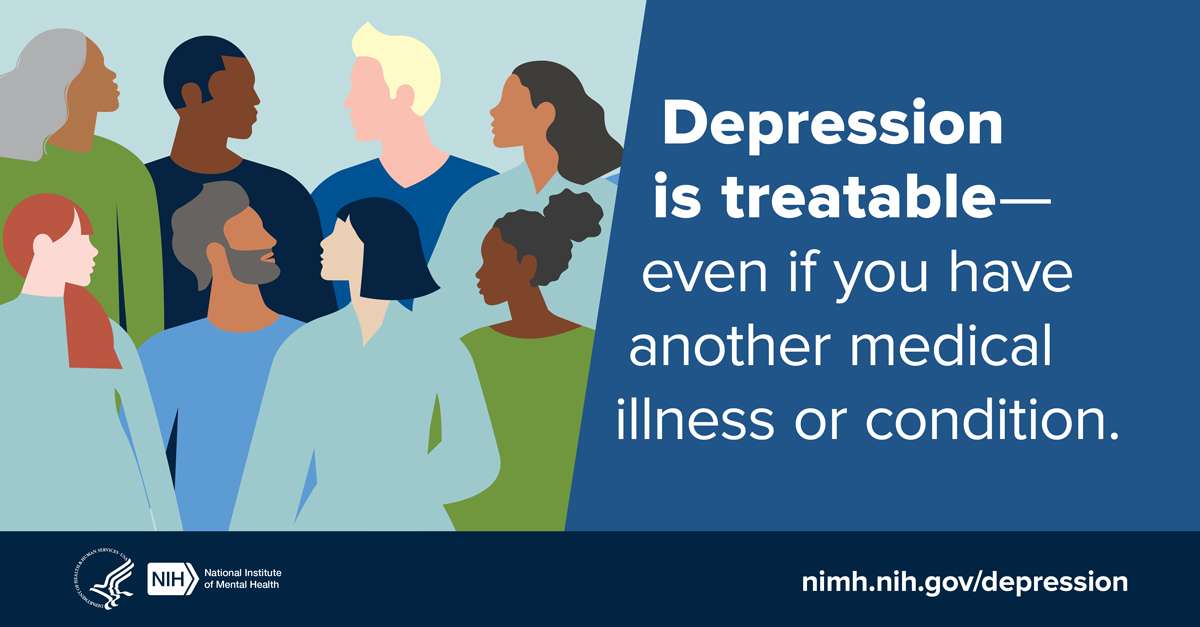The key difference in MBCT is an explicit focus on turning toward low mood and negative thoughts early in the program so that participants gain experience with recognizing these symptoms and confidence in their ability to respond skillfully.
MBCT is an adaptation of MBSR (Mindfulness-Based Stress Reduction) that uses the same basic format and structure – an 8-week class with an all-day retreat; a class structure that includes psychoeducation, formal meditation and movement practices, and teacher-led discussion and inquiry; and daily home practices and exercises.
As in MBSR, participants learn to recognize habitual, unhelpful reactions to difficulty and learn instead to bring an interested, accepting and non-judgmental attitude to all experience, including difficult sensations, emotions, thoughts and behavior. MBCT replaces some of the content of MBSR with a focus on specific patterns of negative thinking that people with depression are vulnerable to, but which we all experience from time to time.
MBCT was developed to treat depression and research has shown it to be effective in preventing relapse in people who have recovered from depression. The key difference in MBCT is an explicit focus on turning toward low mood and negative thoughts early in the program so that participants gain experience with recognizing these symptoms and confidence in their ability to respond skillfully.
MBCT was developed to prevent future episodes of depression in people with a history of recurrent depression. It is based on the observation that recurrence in people who have recovered from a depressive episode is more likely when patterns of negative thinking are triggered by low moods encountered in the course of everyday life. Negative thinking leads to lower mood and this pattern escalates to bring on a relapse of depression.
Techniques from Cognitive Behavior Therapy are incorporated into the program to promote greater awareness of these patterns and mindfulness practices are used to disengage from them. The focus is on changing one’s relationship to unwanted thoughts, feelings and body sensations so that participants no longer try to avoid them or react to them automatically, but rather respond to them in an intentional and skillful manner.
What Is Mindfulness-Based Cognitive Therapy?
Mindfulness-based cognitive therapy (MBCT) is a type of psychotherapy that involves a combination of cognitive therapy, meditation, and the cultivation of a present-oriented, non-judgmental attitude called “mindfulness.”
MBCT was developed by therapists Zindel Segal, Mark Williams, and John Teasdale, who sought to build upon cognitive therapy. They felt that by integrating cognitive therapy with a program developed in 1979 by Jon Kabat-Zinn called mindfulness-based stress reduction (MBSR), therapy could be more effective.
Techniques
Mindfulness-based cognitive therapy builds upon the principles of cognitive therapy by using techniques such as mindfulness meditation to teach people to consciously pay attention to their thoughts and feelings without placing any judgments upon them. There are a number of mindfulness techniques and exercises that are utilized as a part of MBCT. Some of these include:
- Meditation: People may practice guided or self-directed meditation that helps them gain a greater awareness of their body, thoughts, and breathing.
- Body scan exercise: This involves lying down and bringing awareness and attention to different areas of the body. People usually begin at their toes and move up through the body until they reach the top of the head.
- Mindfulness practices: Mindfulness involves become more aware of the present moment. It’s something that can be practiced during meditation, but people can also incorporate these activities into the things they do every day.
- Mindfulness stretching: This activity involves stretching mindfully to help bring awareness to both the body and mind.
- Yoga: MBCT may also encourage people to practice different yoga poses that can help facilitate mindful stretching of the body.
People might be taught what’s known as the “three minute breathing space technique,” which focuses on three steps, each one minute in duration:
- Observing your experience (How are you doing right now?)
- Focusing on your breath
- Attending to your body and physical sensations
Other MBCT techniques include walking and sitting meditations, sitting with thoughts, and sitting with sounds.
What MBCT Can Help With
Research suggests that MBCT can be effective for helping individuals who have experienced multiple episodes of depression. While it was originally developed to treat depression, it has also been shown to be effective for other uses including:
- Anxiety disorders
- Bipolar disorder
- Depression associated with medical illnesses
- Low mood
- Unhappiness
- Depression-relapse prevention
- Treatment-resistant depression
Benefits of MBCT
A primary assumption of cognitive therapy is that thoughts precede moods and that false self-beliefs lead to negative emotions such as depression. MBCT utilizes elements of cognitive therapy to help you recognize and reassess your patterns of negative thoughts and replace them with positive thoughts that more closely reflect reality.
This approach helps people review their thoughts without getting caught up in what could have been or might occur in the future. MBCT encourages clarity of thought and provides you the tools needed to more easily let go of negative thoughts instead of letting them feed your depression.
Much like cognitive therapy, MBCT operates on the theory that if you have a history of depression and become distressed, you are likely to return to those automatic cognitive processes that triggered a depressive episode in the past.
The combination of mindfulness and cognitive therapy is what makes MBCT so effective. Mindfulness helps you observe and identify your feelings while cognitive therapy teaches you to interrupt automatic thought processes and work through feelings in a healthy way.
Effectiveness
The primary goal of MBCT is to help patients with chronic depression learn how to avoid relapses by not engaging in those automatic thought patterns that perpetuate and worsen depression. A study published in The Lancet found that MBCT helped prevent depression recurrence as effectively as maintenance antidepressant medication did.
On average, MBCT was shown to reduce the risk of relapse for people who experience recurrent depression by nearly 50%, regardless of their sex, age, education, or relationship status.
Research also has shown that MBCT can reduce the severity of depressive symptoms as well as help reduce cravings for addictive substances. Research also suggests that MBCT can be safe and effective for treating people who are currently experiencing active depression.
Things to Consider
Research on the efficacy of MCBT for active or severe depression is still ongoing. It’s important to talk to your doctor about your symptoms to determine if this approach is right for you.
It is important to note that while the class or group aspect of MBCT is important, much of the work is done outside of class. Participants are asked to do homework, which includes listening to recorded guided meditations and trying to cultivate mindfulness in their daily lives.
This may mean bringing mindfulness to day-to-day activities, like brushing your teeth, showering, washing the dishes, exercising, or making your bed, by applying MBCT skills such as:
- Doing what works rather than second-guessing yourself
- Focusing on the moment without distraction from other ideas or events
- Participating without being self-conscious
- Paying close attention to what is going on around you
- Taking a non-judgmental stance
Though a lot of the hard work of MBCT is self-directed, advocates stress that the classes themselves are important to the efficacy of the program. Finding classes might be challenging, however, depending on the availability of trained MBCT therapists in your area.
How to Get Started
The MBCT program is a group intervention that lasts eight weeks. During those eight weeks, there is a weekly course, which lasts two hours, and one day-long class after the fifth week.
There is not necessarily an established network of teachers around the globe or a single directory in which you can find a program close to home. Talk to your doctor or consider searching an online therapist directory if you are interested in finding an MBCT therapist in your area.
Mindfulness has become increasingly popular for its ability to promote mental health, so even mental health professionals who are not specifically trained in MBCT may incorporate some aspects of mindfulness practices in their therapy sessions.
The Best Online Therapy Programs
We’ve tried, tested and written unbiased reviews of the best online therapy programs including Talkspace, Betterhelp, and Regain.



